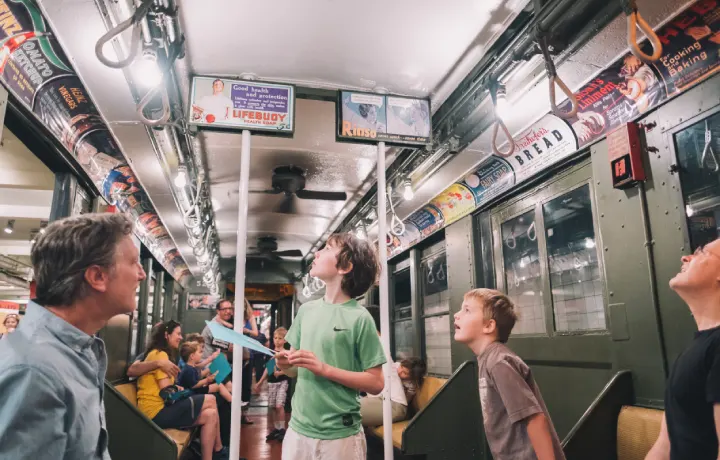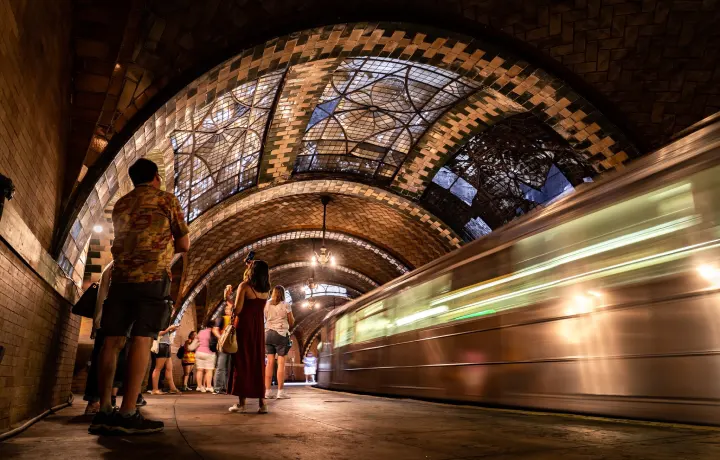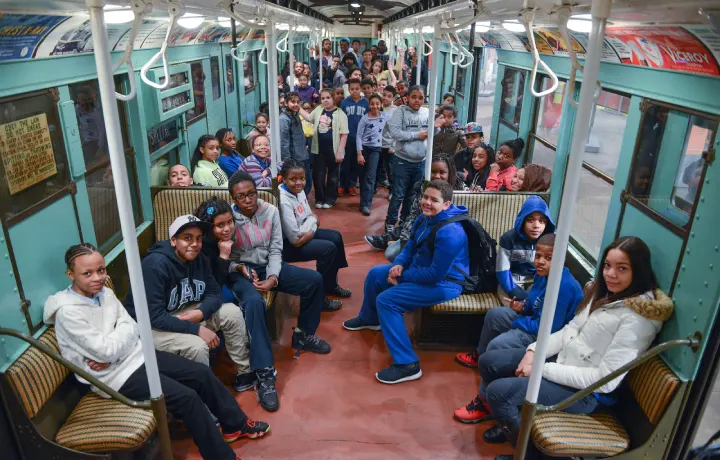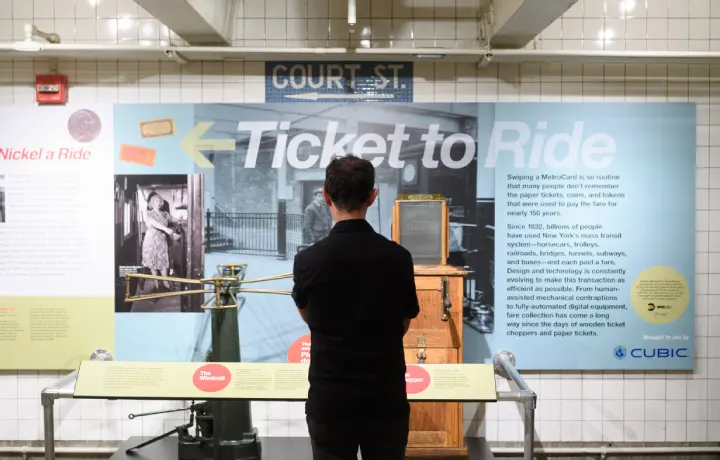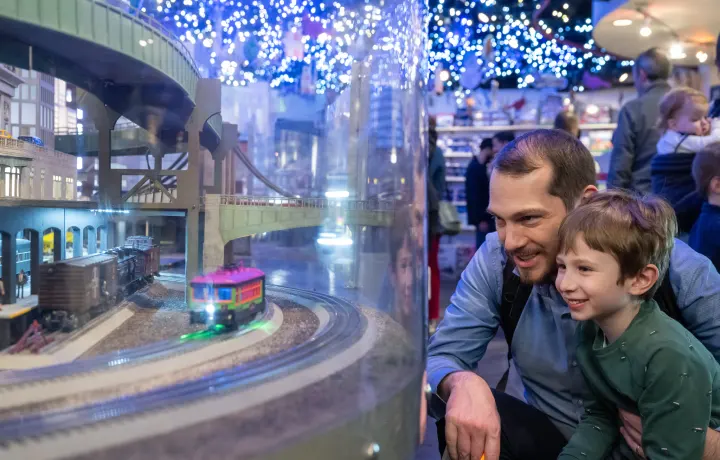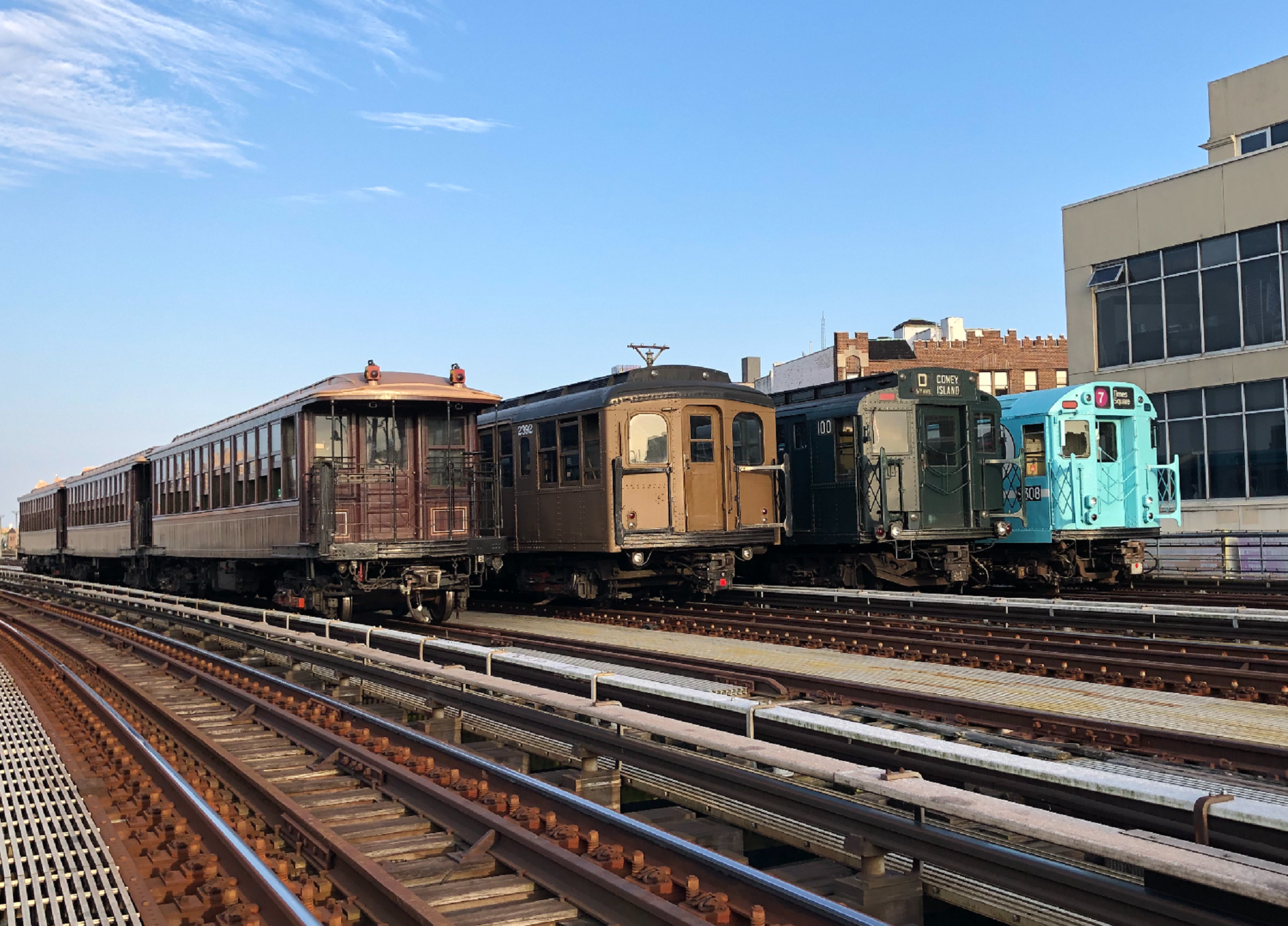
- This event has passed.
ADDITIONAL INFORMATION
Join us on Sunday, September 24, 2017 for our 24th annual Bus Festival! See and step aboard more than a dozen buses from our vintage fleet, representing more than 80 years of New York City surface transit history. Located on Boerum Place between State Street and Atlantic Avenue in Downtown Brooklyn, the event is free and open to the public from noon to 6pm alongside the festivities, food, and fun of the 43rd Annual Atlantic Antic.
Support the museum
Fuel our mission to preserve transit history, create inspiring exhibits, and offer programs for learners of all ages.
Plan your visit
Experience New York’s transit story firsthand—explore historic trains, unique exhibitions, and special events at the Museum.
